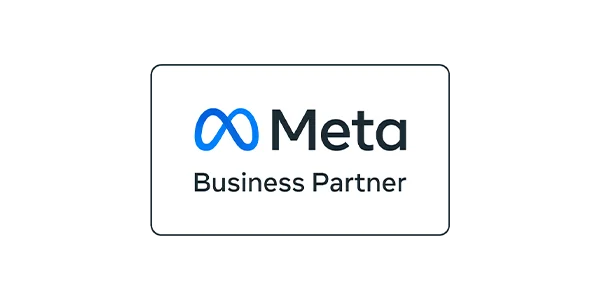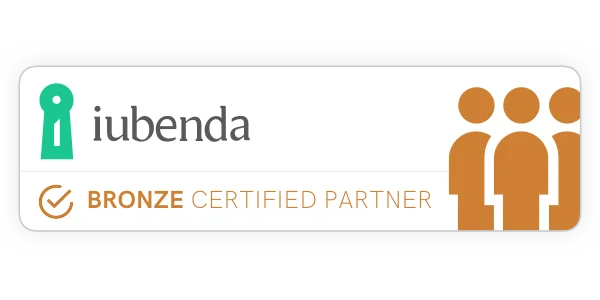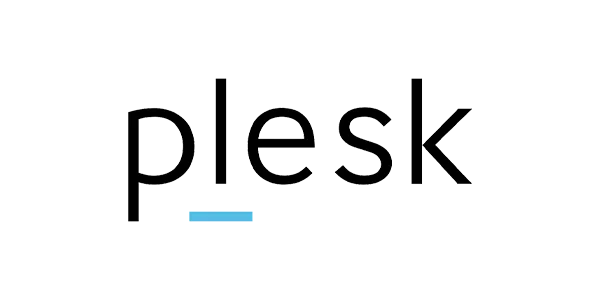Website speed is a crucial factor in user experience and the success of a site. When a website is slow to load, visitors can lose interest and abandon it.
Additionally, search engines consider loading speed as a ranking factor.
So, if you want to improve your website speed, here are five effective ways to do it.
- Optimize images : Images are often one of the main causes of a slow website. To improve speed, it is important to optimize them. Reduce the size of images without compromising the quality too much. You can use online tools or plugins that automatically compress images without quality loss. Also, use the correct image format. For example, for photographs, the JPEG format is often best suited, while for images with transparencies, the PNG format may be better.
- Minify Code : Another way to improve the speed of your website is to minify your HTML, CSS, and JavaScript code. Remove whitespace, redundant lines of code, and unnecessary comments. Also, consider combining the CSS and JavaScript files into one, reducing the number of requests to the server. You can use compression tools to automate this process.
- Take advantage of browser cache : Using browser cache can significantly improve the loading speed of web pages. Browser cache allows things like images, style sheets, and JavaScript files to be temporarily stored on the user's device so they don't have to be re-downloaded with each visit. Make sure your site's cache settings are properly configured to make the most of this technology.
- Reduce the number of plugins : If you're using a content management system (CMS) like WordPress, you likely have several plugins installed to extend the functionality of your site. However, too many plugins can weigh down your website's load. Carefully analyze installed plugins and disable or remove any that are not strictly necessary. Keeping only essential plugins will help improve your site speed.
- Choose reliable and fast hosting : Choosing quality hosting is essential to guarantee the speed of your website. Make sure you use a reliable hosting service that offers good loading speed and high availability. Carefully evaluate your options and choose a hosting plan that meets your needs. Additionally, consider using a content distributed network (CDN) to deliver your content from servers close to users' locations, further improving your website's response times.
Conclusion
Improving website speed is an ongoing process, but by following these five tips you can make significant improvements.
Optimize images, reduce code, take advantage of browser cache, limit the use of plugins and choose reliable and fast hosting.
By implementing these strategies, you will make your website faster and provide a better visitor experience, while ensuring better search engine rankings.
Ask GILBI.CO for support to find out more!











Leave a comment
All comments are moderated before being published.
This site is protected by hCaptcha and the hCaptcha Privacy Policy and Terms of Service apply.